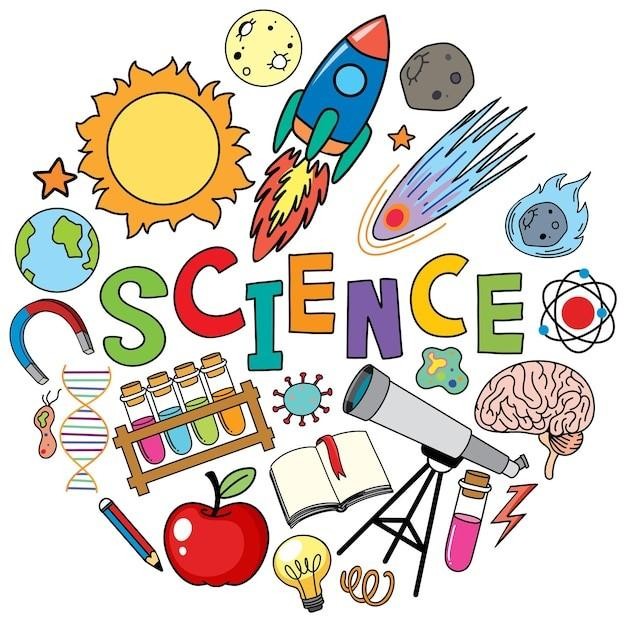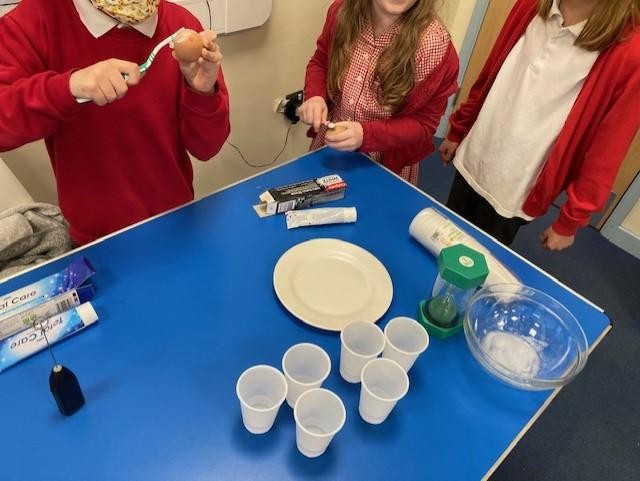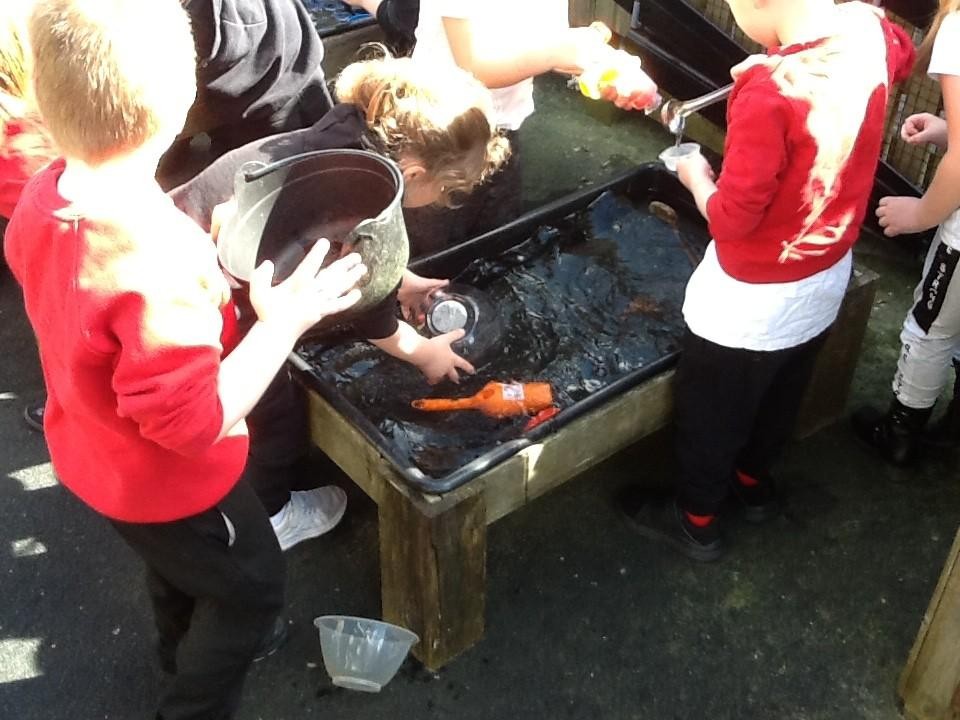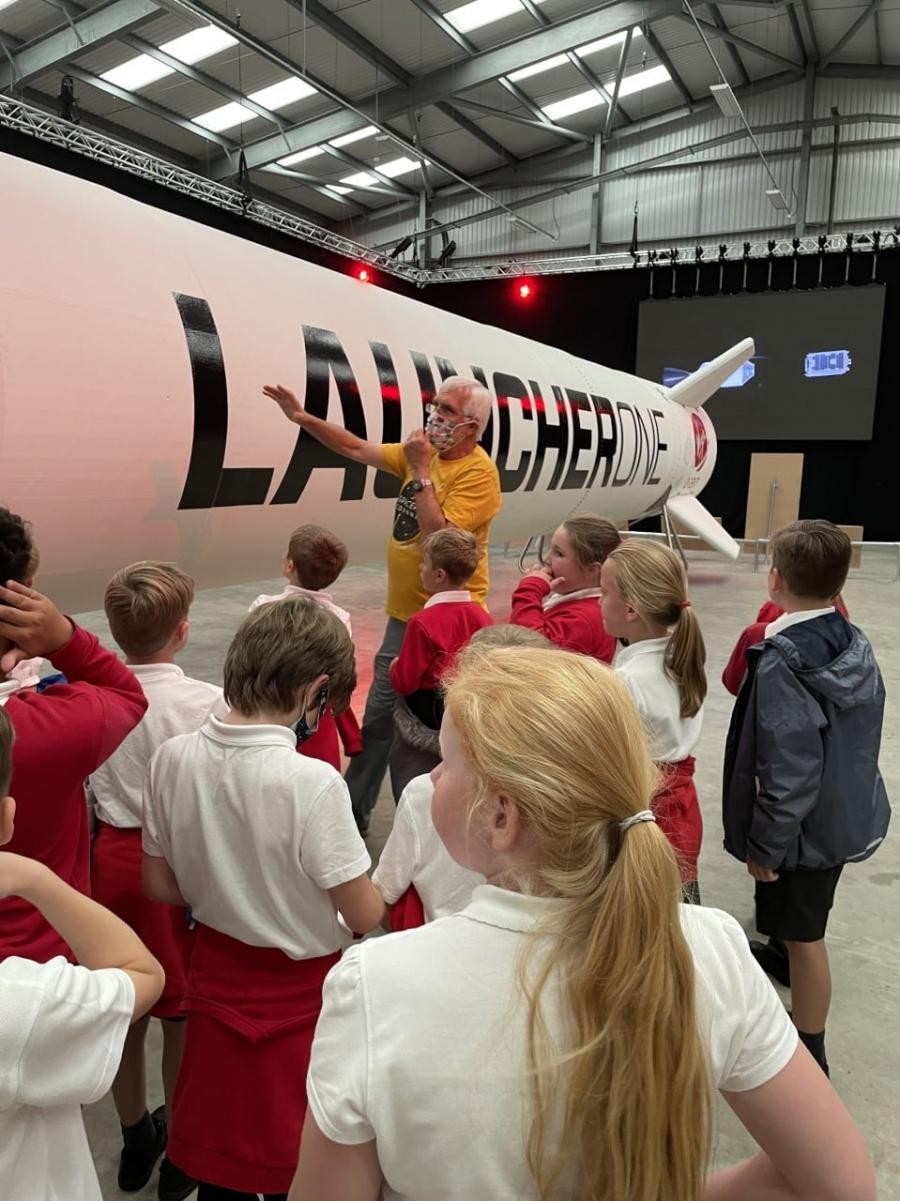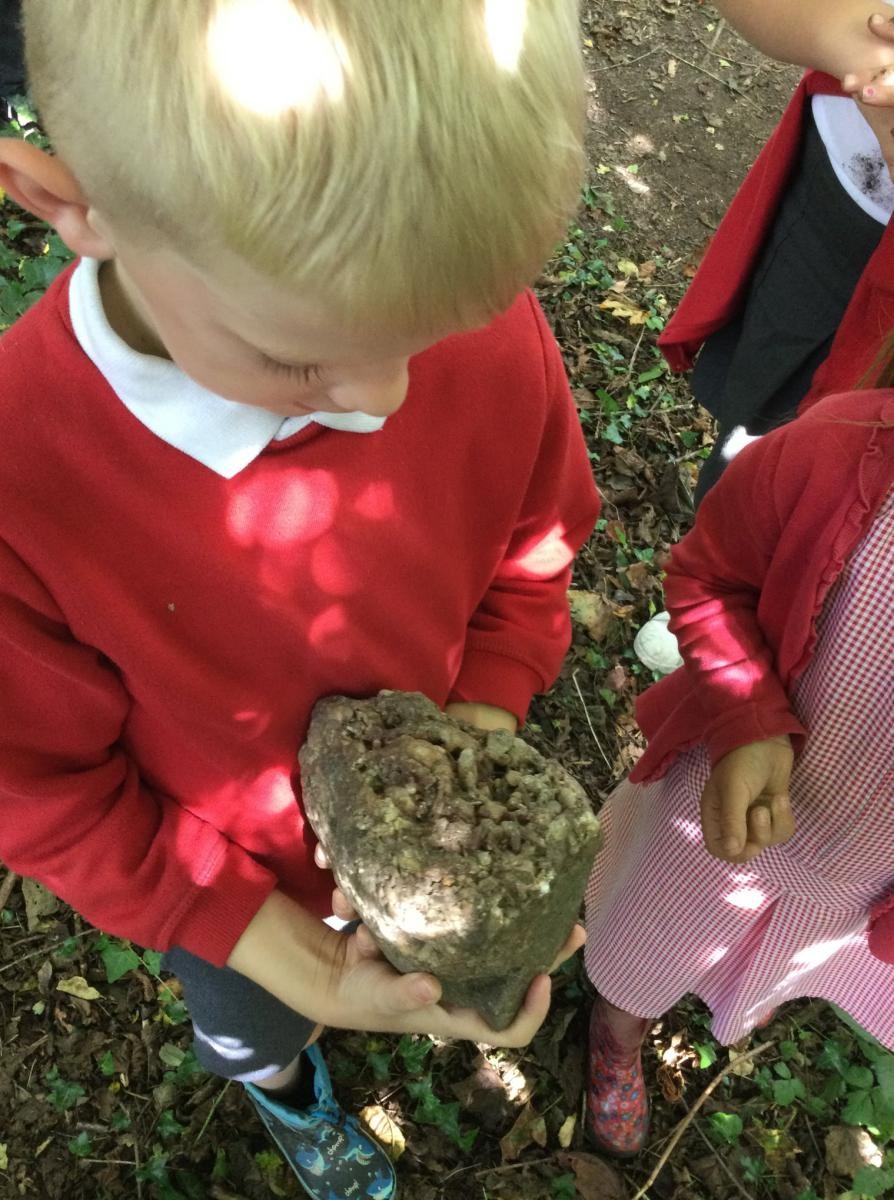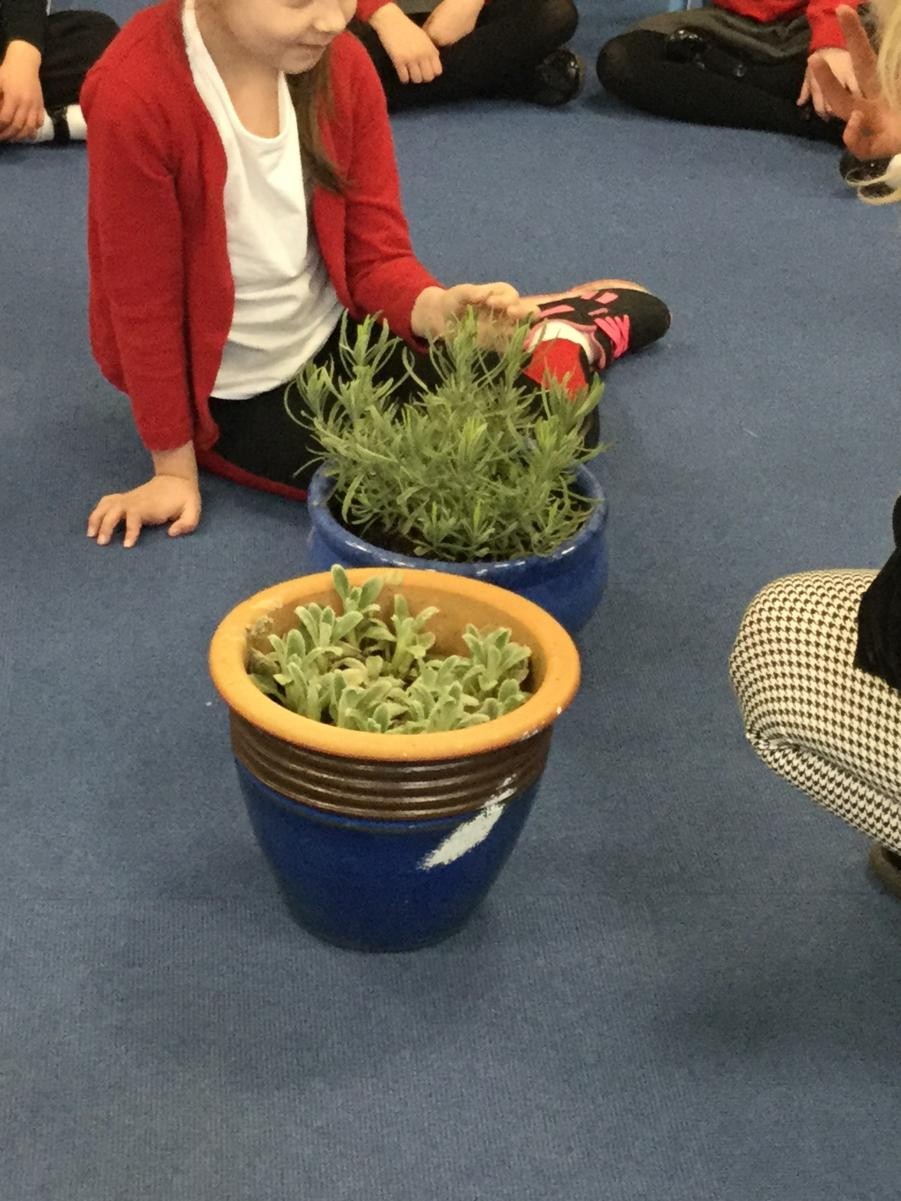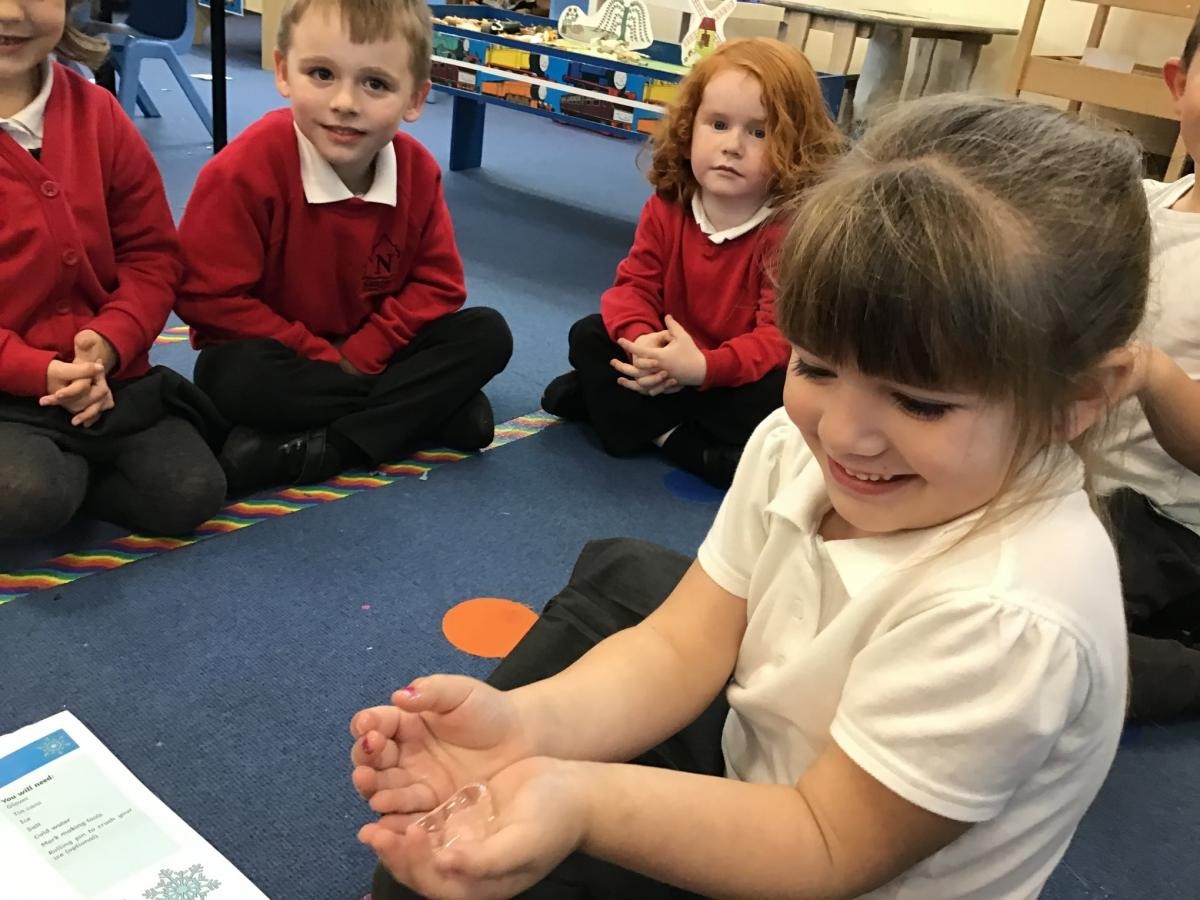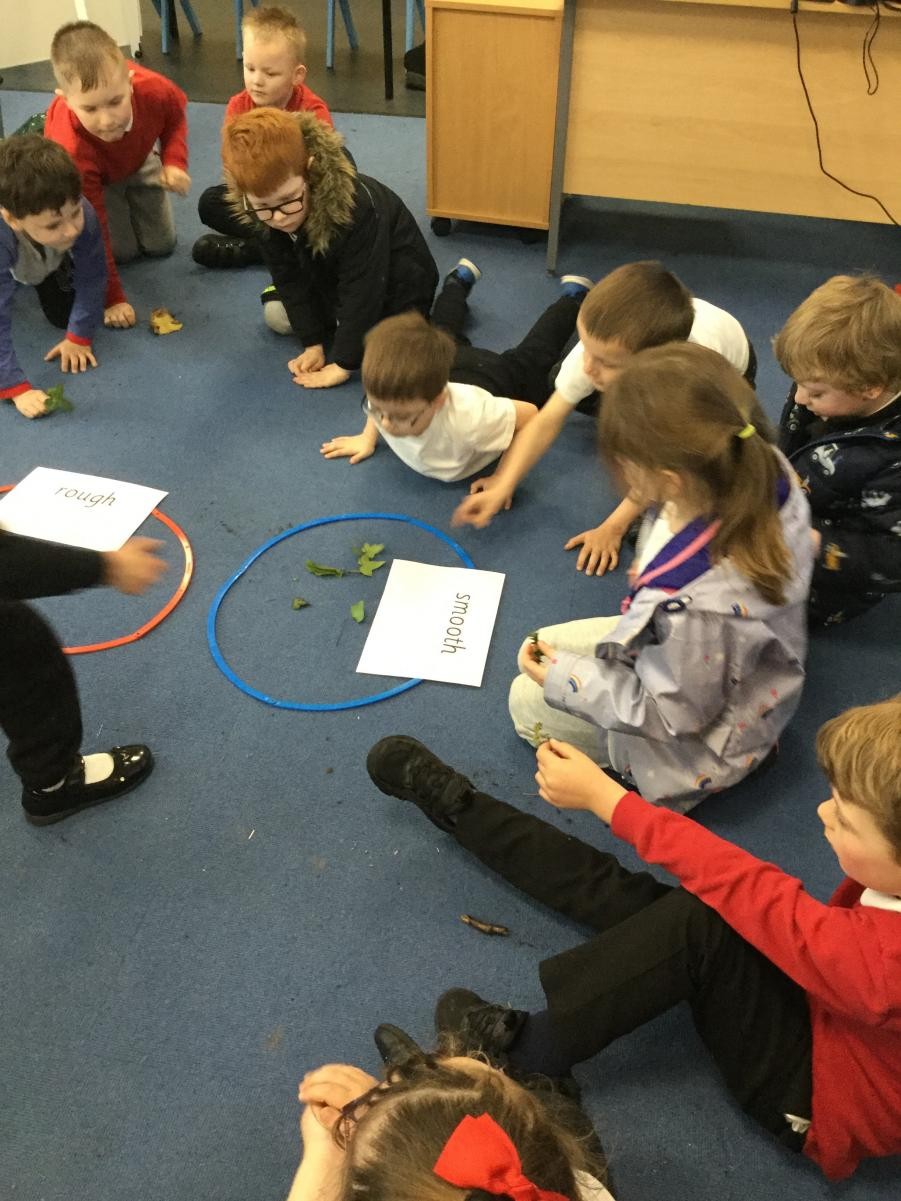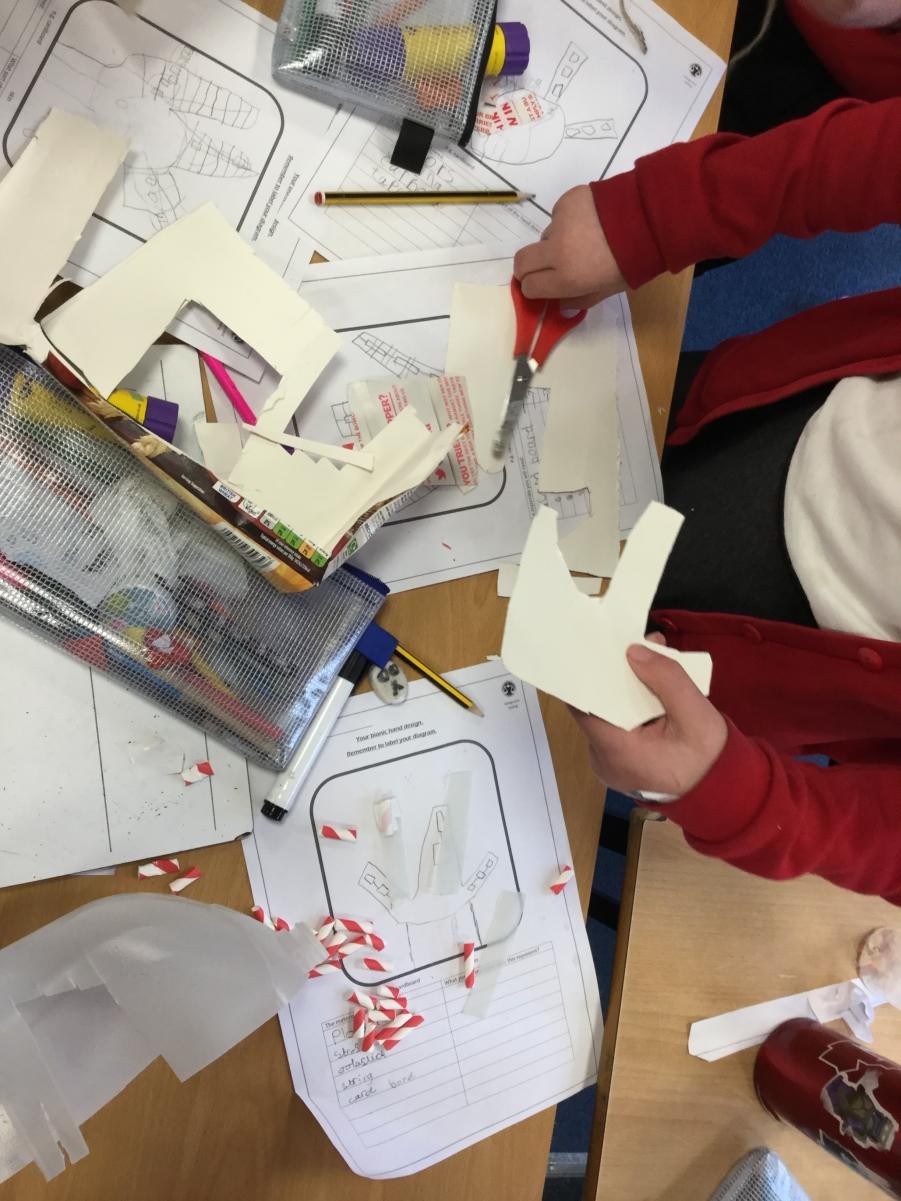“Scientists have become bearers of the torch of discovery in our quest for knowledge.” – Stephen Hawking
Rationale: Purpose of Study (taken from the National Curriculum)
A high-quality science education provides the foundations for understanding the world through the specific disciplines of biology, chemistry and physics. Science has changed our lives and is vital to the world’s future prosperity, and all pupils should be taught essential aspects of the knowledge, methods, processes and uses of science. Through building up a body of key foundational knowledge and concepts, pupils should be encouraged to recognise the power of rational explanation and develop a sense of excitement and curiosity about natural phenomena. They should be encouraged to understand how science can be used to explain what is occurring, predict how things will behave, and analyse causes.
Intent
At Nanpean School, we recognise the importance of Science in every aspect of life. We value Science as a Core Subject within the Curriculum, and strive to make Science lessons fun, enjoyable and therefore engaging, ensuring lessons are accessible to all pupils.
Throughout Science learning, we foster children’s desire to be inquisitive, encouraging them to question why things happen and understand the way things work, developing and increasing children’s knowledge and understanding of our world.
Throughout their time at Nanpean School, and through following our progressive sequence of learning, children will acquire key scientific knowledge (substantive knowledge), as well as developing their understanding of the processes and methods used in Science (disciplinary knowledge). As a result, our ongoing aim is to ensure that children are equipped with the required knowledge and scientific enquiry skills to understand the uses and implications of Science, today and for the future.
Implementation
Science has been carefully planned, following the National Curriculum programme of study, across the school so that children develop knowledge and skills progressively and sequentially during their time at Nanpean School.
Science lessons are taught in ‘blocks’, with a key question used to inspire, motivate and engage the children shared at the beginning of the unit and in subsequent lessons, and learning from the unit is recorded in books (KS2) and floor books (EYFS and KS1). During lessons, children are encouraged to work as scientists, to ask their own questions, plan their own investigations, and be given opportunities to use their scientific skills and research to discover answers and come to their own conclusions. Children are also encouraged to reflect and evaluate their enquiries and findings, and discuss these with others, so as to challenge their own and others’ perspectives appropriately.
Children’s understanding of science knowledge and skills is assessed through ‘show what you know’ grids and a quiz relevant to each unit. Knowledge Organisers are also used to encourage children to remember what they have learnt in a unit. Consistent starter activities are used for each wider curriculum subject and this includes a recall session ‘Four from before’ related to previous learning.
Impact
- Children from all backgrounds enjoy lessons and look forward to learning. Children explain that they particularly enjoy practical investigative Science.
- Pupil Conferencing (considering a range of pupils) in 2023-24 showed that 86% of the children can confidently talk about their learning, give key facts and explain key vocabulary about the units covered. This ensures they are equipped for the next stage of their education.
- Evidence of work (scrutiny of work / books) and lesson visits in 2023-24 shows high presentational standards and appropriate curriculum coverage, with interdisciplinary links made between subjects, for example (in KS1) learning about toys and linking this to materials.
- Teachers are able to monitor the impact of their lessons by following assessment procedures, which include quizzes and ‘show what you know’ grids.
- Assessment of the impact is monitored by the Subject Leader in conjunction with the TPAT Curriculum Link. In 2023-24 this showed that children are confident in remembering their recent learning, but were not as confident at remembering more distant learning.
British Values
Respect for equipment and physical environment and the living organisms within them.
At Nanpean School, British Values are embedded into the Science Curriculum, where appropriate, while we also learn about British Values at other specific times, such as during Collective Worship opportunities (Assemblies).
During Science, children are reminded to respect the equipment and the physical environment and the living organisms within them.
Children also show that they have respect for democracy and that all children have the right to have their voice heard. When sharing viewpoints or ideas, children are encouraged to be mutually respectful to consider all suggestions, even if this is different to their own.
By looking at the achievements of significant people in Science, such as Scientists and Inventors (when relevant), children develop an awareness of how they have influenced and shaped the country in which we live. This includes an appreciation of their work.
SMSC
Teaching children to make sense of the world we live in is fundamental to our Science Curriculum. Children know that Science will not provide all answers but that there are continually new discoveries.
Children are encouraged to have moral values to protect our environment and use discoveries and inventions responsibly. We encourage children to be open-minded, and critical in relation to evidence, as we believe this will further their understanding.
Children are made aware that Science can have an impact on the quality of our lives, for example through the development of medicines. Children also know the importance of keeping each other safe during lessons.
Children are encouraged to consider how Scientists from different cultures or with protected characteristics have contributed to the world and have affected our lives. Science learning is also enhanced through our termly Aspirations afternoons, with classes having visitors linked to Science jobs or careers when appropriate.
How you can help your child at home
Why not visit a local museum to pique your child’s interest and support their learning about Science? An example of this would be the Eden Project.
How about facilitating discussions with your child in relation to their Science learning (see the Overview document which is one of the attachment links above). You could also discuss with your child the important skills of being a Scientist, and could even plan your own practical investigations or experiments to prove or disprove a theory!
The following websites could also be used to support your child:
https://pstt.org.uk/resources/science-fun-at-home/

